Career Planning
Students who are preparing for a career after high school will participate in specific courses to increase their self awareness, help them to explore careers, develop goals and personal career plans. Students will learn to independently manage several digital planning tools to organize their information and assessment data. In addition, students may take elective courses in their field of interest, complete an internship, and will keep a portfolio throughout the high school years.
Career Courses:
Career Exploration
Career Preparation
Campus Jobs
Other (titled by specific field of interest-i.e. Animal Sciences, Early Childhood, Hospitality)
Digital Career Planning Resources:
Kuder Career Planning System®
Based on research, we know that effective career exploration and planning starts with finding out what a student likes to do (interests), what s/he is confident doing (skills), and what’s important in the workplace (work values). We also know that students persist in school courses, majors, occupations and jobs at a higher rate if their measured interests guide their selection of these. Interest assessments help students identify and understand their interest patterns or themes. The KCPS is designed to provide students with the competency of self-awareness. This foundational understanding of one’s personal interests, skills confidence, and work values sets the stage for effective career exploration and the pursuit of meaningful work. Ultimately, the KCPS is designed to enable students to be in the best possible position to achieve a sense of purpose and satisfaction in their chosen future careers. Assessing work values is another critical component in career decision making. When students know what is important to them, they can use this information to determine the appropriateness of career options beyond decisions based only on interests and skills confidence.
Kuder Navigator®
The Navigator allows for students to align their assessment results to careers that are a good match for their skills, interests, and abilities. Post-secondary planning resources and information is accessed easily from any device. Navigator offers:
A world of possibilities — students can explore over 1,000 occupations, including those specifically aligned with their assessment results.
A path toward higher education, including a robust multi-year education planner, college profiles, and complete financial aid information.
Preparation for the job search process, including a resume builder and a sharable e-Profile.
Access to save all activity within a lifelong career portfolio — with regular usage, the portfolio is a great way to document the process and keep valuable information in one place.
My Career Shines
MyCareerShines is an education and career planning system that can help students to succeed in the increasingly competitive job market. Students learn about their personal self, discover the many options and opportunities for their futures, and gain access to the information and tools to reach their goals including career exploration and career searches.
Internship
Students will research, apply for, and complete an off-campus internship in the Junior and Senior year.
Goal: Hands-on experience for students in a career and technical program.
Goal: Preparing students for a career by developing employability skills.
Goal: Preparing students for post-secondary education.
An internship can have many benefits, such as:
Application of classroom learning to the workplace.
Exploration of career options.
A chance to “reality test” – try out one’s interests, values, and abilities in a work setting.
Development and enhancement of professional skills.
An increase of one’s self-confidence as a student and worker.
An opportunity to practice job search skills and expand one’s network of professional contacts.
Relevant work experience to add to one’s resume to demonstrate interest and commitment to a field.
Academic credit.
A chance to earn money to help pay for educational expenses.
An opportunity for leadership and/or character development.
Career Portfolio
Each student will maintain a collection of accomplishments and progress toward career goals. Development of the portfolio is supported in career classes and in weekly Advisory meetings.
Possible Components:
Internships or shadowing experiences
Documentation of skills demonstrated on the job
Class projects
Competency certificates
Photographs or videos of work/projects
Instructor or mentor evaluations
Progress reports
Technical skills – documentation of competencies achieved
Appropriate academic skills
Transcripts
Photographs, videos, and artwork of class projects
Test scores/Placement test scores
Writing or research projects Employability Skills
Teamwork/interpersonal skills
Attendance/punctuality
Initiative/dependability
Written and verbal communication skills
Critical thinking and problem-solving skills Career Development Plan
Resume
Letters of application/letters of reference
Career assessments
Aptitude, interest, and ability inventories
Career and educational goals
Six-year personal learning plan or locally-developed student plan Activities, Awards, and Volunteer Service
Leadership activities
Sports, clubs, hobbies, extracurricular activities
Awards
Volunteer or service-learning experiences

